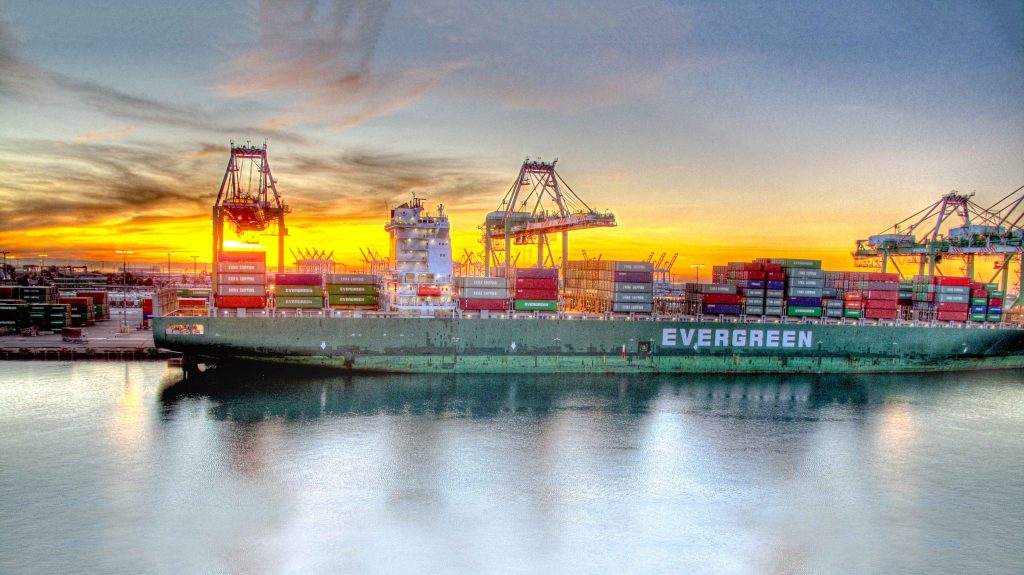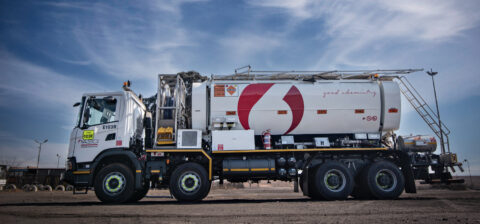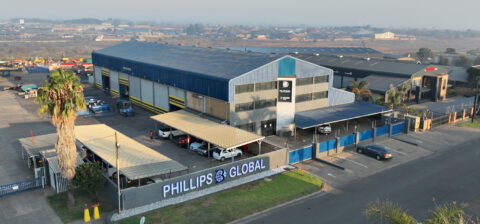Freight, Logistics and Warehousing
Coast To Coast
After e-tolls, what’s next?
Moving goods around South Africa comes with certain unique challenges related to distance, cost and risk. A recent article in Maritime Executive suggested that our vast and largely underutilised coastline may hold some of the solutions to these issues: instead of sending goods by truck or train, we should be shipping them from port to port. We asked some local experts to highlight the pros and cons.
Crime and congestion
Crime is a problem that bedevils SA businesses and freight is not excluded. “We experience about 1 400 truck hijackings a year, and it’s mainly trucks transporting fuel, cigarettes and electronic goods that are targeted,” comments Professor Stephan Krygsman of the Department of Logistics at the University of Stellenbosch.
Added to this is the congestion experienced on the country’s road network and to a lesser extent, rail. South Africa’s recent decision to downsize its domestic railway network with the closure of many branch lines has fuelled an increase in the number of trucks transporting goods to major cities. “Anyone who has driven the N1 and N3 with the number of trucks conveying goods from harbours to the inland will know how congested our roads are,” says Graham Walker, marketing executive of naval and maritime systems for sub-Saharan
Africa at Saab.
For years freight operators have been discouraged from using rail due to poor service levels and time delays.
The case for coastal shipping
Due to the congestion and crime related to road and rail transport, many have argued that coastal shipping — moving goods between domestic ports — offers an attractive alternative. Coastal shipping occurs in many countries, including North America’s Upper Great Lakes, and internationally, Roll-On Roll-Off (RORO) ferry vessels carry truck trailers on many short-sea shipping routes. Because of their size, ships can carry bulk cargo at a much lower cost per ton than overland transportation.
“Coastal shipping holds some benefits,” says Krygsman, “including less pollution and lower energy consumption, economies of scale due to lower costs and less intrusive infrastructure.”
Walker agrees that the case for coastal shipping holds merit: “We have excellent harbour facilities and we need to exploit this infrastructure to grow coastal shipping, thereby hopefully reducing congestion on roads and criminal activities.”
Obstacles to coastal shipping
But experts agree that for short-sea shipping to be implemented in SA, many obstacles first need to be overcome.
The first relates to volume. “The vast bulk of freight is between the coastal cities and inland destinations, mainly Gauteng, not between coastal cities,” says maritime consultant Dave Watts.
This is supported by the latest Transnet National Ports Authority data (see fast fact).
“Containers shipped and landed in the port of Durban probably cover over 90 per cent of all coastal containers to and from SA ports. This is around 700 full containers a month, nowhere near enough to motivate a couple of monthly sailings, let alone a weekly service,” says Watts.
Another hurdle is that the distances between ports are too short. “Coastal shipping is really only competitive for longer distances and for specific products,” argues Krygsman. He points out that coastal shipping would still require the services of road or rail and this is where potential problems could occur. “For coastal shipping to work, it would require intermodality, efficient ports and a pricing policy (for example, a road tax) that considers the environmental costs of the different modes,” he says. “We are not entirely there yet in South Africa.”
While the case for short-sea shipping in South Africa is limited at this stage until the right infrastructure and pricing can be resolved, the potential for coastal shipping in Africa is huge. “The lack of rail and road connections and the long distance between the major cities on the sub-continent make coastal shipping an ideal, efficient and low-cost transport option,” concludes Krygsman.






 Sign-up and receive the Business Media MAGS newsletter OR SA Mining newsletter straight to your inbox.
Sign-up and receive the Business Media MAGS newsletter OR SA Mining newsletter straight to your inbox.